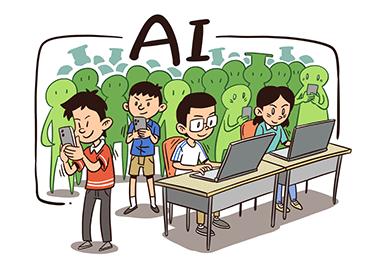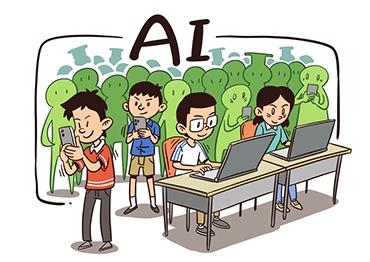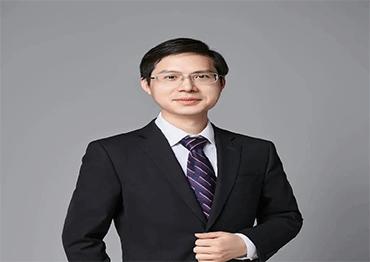“People aged 18 to 25 are the main users of AI tools. They largely consist of university students and recent graduates. They are also the first generation to grow up between the debut of ChatGPT and the point where AI has become a daily necessity. Unlike older generations who need to adapt to the AI era, for them, AI is a fundamental part of their lives.”
Zhang Yina, professor at Fudan University and director of the Consumption Market Big Data Lab under the Ministry of Commerce, presenting a survey report about young people’s lifestyles at the Beijing News Annual Finance Conference in mid-July
“Even though China has not yet issued a yuan stablecoin, both domestic and overseas yuan stablecoins should be brought under supervision, and relevant management programs should be introduced as soon as possible. This is necessary to provide appropriate payment and settlement tools for new digital transaction scenarios, explore new cross-border payment methods and prevent risks posed by overseas-issued yuan stablecoins, safeguarding China’s financial security.”
Liu Xiaochun, deputy director of the Shanghai Finance Institute (SFI), writing for the CF40 (China Finance 40 Forum) in July
“Since last year, our goal has shifted from becoming ‘China’s Disney’ to becoming the world’s Pop Mart. One reason is our overseas success. Another is we believe that a platform-based approach to incubating IPs is better suited to this era.”
Wang Ning, founder of Pop Mart, China’s leading mystery-box toymaker, in an interview with news portal The Paper in late July
“From the angle of the overall economy, real estate remains the biggest drag on economic growth. With domestic consumption still needing a boost and exports expected to face downward pressure in the second half of the year, the growth gap caused by the real estate downturn will impose an even greater influence on China’s economy.”
Luo Zhiheng, chief economist at Yuekai Securities, in an interview with China Newsweek in July
“The development of digital technology has led to what we call ‘skill polarization’ in the labor market: jobs requiring high-level knowledge and skills and flexible ones that require low-level skills are growing the fastest, while digital workers with mid- level skills face higher risks of being replaced.”
Wang Xing, sociology professor at Nankai University in Tianjin and expert at the All-China Federation of Trade Unions’ Theory and Labor Relations Think Tank, in an interview with news portal Caixin in late July
“Though a public institution, Shaolin Temple is still managed the way it has been for a millennium. Without incorporated legal status, the temple relies on nominee shareholders to hold the huge benefits generated by commercialization of the temple.”
Gao Yu, commentator for Caixin, on the investigation of former Shaolin Temple abbot Shi Yongxin for alleged embezzlement and other charges
“Some stand-up shows are gradually straying from the essence of humor and repeatedly reducing gender issues to ‘men versus women.’ This has turned them from arenas for exchange into battlegrounds for emotional venting. This is not good for mutual understanding and may even sharpen divisions.”
Publicity Department of the Zhejiang Provincial Committee of the Communist Party of China, writing on its official WeChat account in July
“As everybody knows, a photo studio is a place that captures happy moments. But during the war, when the [Japanese Army] trampled Nanjing, it became a place full of crimes that needed to be covered up, and a place of truths that needed to be exposed... That connection gave me a strong impulse to create. ”
Shen Ao, director of Dead to Rights, the hit Chinese film depicting a Nanjing photo studio’s efforts to preserve evidence of Japanese atrocities during the Nanjing Massacre, speaking to media about his inspiration for the film

 Old Version
Old Version




